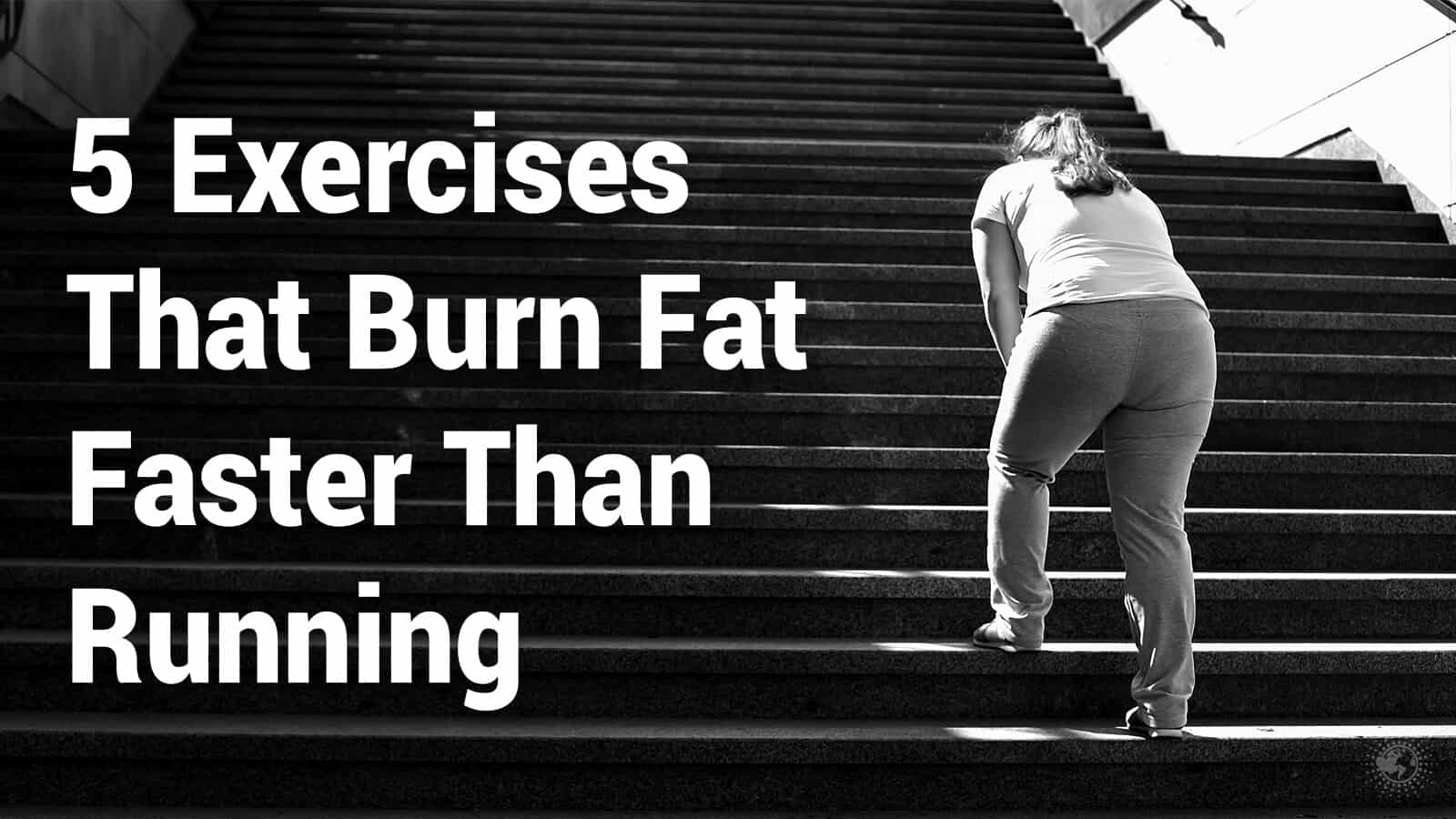
Introduction
Running is an excellent exercise to maintain a healthy lifestyle. However, it can be challenging for people who are overweight, and it can cause discomfort and pain. Extra body weight can put pressure on joints, muscles, and tendons, making running more difficult and painful. In this article, we will explore why fat hurts when running and what you can do to minimize the pain.
Why Does Fat Hurt When Running?
Extra body weight causes strain on joints, muscles, and tendons, making them work harder than they should. This strain can lead to pain and discomfort, especially in areas such as the knees, ankles, and feet. The impact of each step is also greater when you carry extra weight, which can cause further strain and pain.

The Impact of Extra Weight on Joints
Carrying extra weight puts significant pressure on your joints, especially in the lower body. The impact of each step is multiplied by your weight, and your joints have to absorb that impact. Over time, this can cause damage to your joints, leading to conditions such as arthritis.
Another factor that contributes to joint pain when running is the alignment of your body. Carrying extra weight can affect your posture and alignment, which can put further strain on your joints.

The Impact of Extra Weight on Muscles and Tendons
Running requires the use of many muscles and tendons, and carrying extra weight can strain them. The muscles in your legs have to work harder to move your body, which can cause fatigue and pain. The tendons that connect your muscles to your bones can also become inflamed and painful.
How to Minimize Pain When Running
If you are overweight and want to start running, there are a few things you can do to minimize pain and discomfort:
- Start Slowly: Begin with short distances and a slow pace. Gradually increase your distance and speed as your fitness improves.
- Invest in Good Shoes: Proper running shoes can provide support and cushioning, reducing the impact on your joints.
- Stretch Before and After: Stretching can help prevent muscle soreness and injury.
- Cross-Train: Incorporate other forms of exercise, such as swimming or cycling, to reduce the impact on your joints.
- Consult a Doctor: If you have any pre-existing medical conditions or concerns, it's recommended to consult with a doctor before starting any exercise program.

Conclusion
Running can be a challenging and painful exercise for people who are overweight. Extra body weight can put pressure on joints, muscles, and tendons, causing pain and discomfort. Minimizing pain when running involves starting slowly, investing in good shoes, stretching, cross-training, and consulting with a doctor if needed.